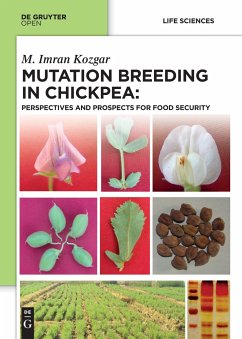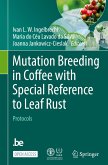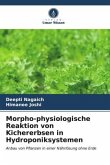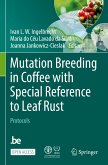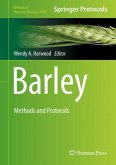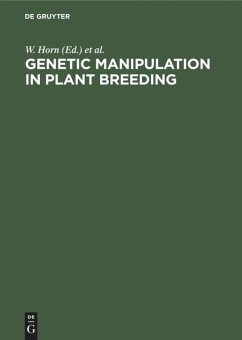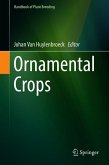The book by M. Imran Kozgar aims to cover the problems of mutation breeding in pulse crops in the light of issues related to food insecurity and malnutrition, which according to FAO are the major threats at the present time. So far the research on induction of mutation in pulse crops is negligible compared to cereal crops, though the pulse crops and especially the chickpea are the largest grown crops in India. The main objective of the book is to reveal and explore the possibility of inducing genetic variability in early generations of mutated chickpea, describe the positive aspects of mutagenic treatments, evaluate the content of mineral elements (iron, manganese, zinc and copper) and physiological parameters of isolated high yielding mutant lines. The author hopes that his book will help to advance studies on pulse crops, and that in the long term it will help to reduce the food insecurity and malnutrition problems presently persisting in various developing countries, including India.
Bitte wählen Sie Ihr Anliegen aus.
Rechnungen
Retourenschein anfordern
Bestellstatus
Storno

